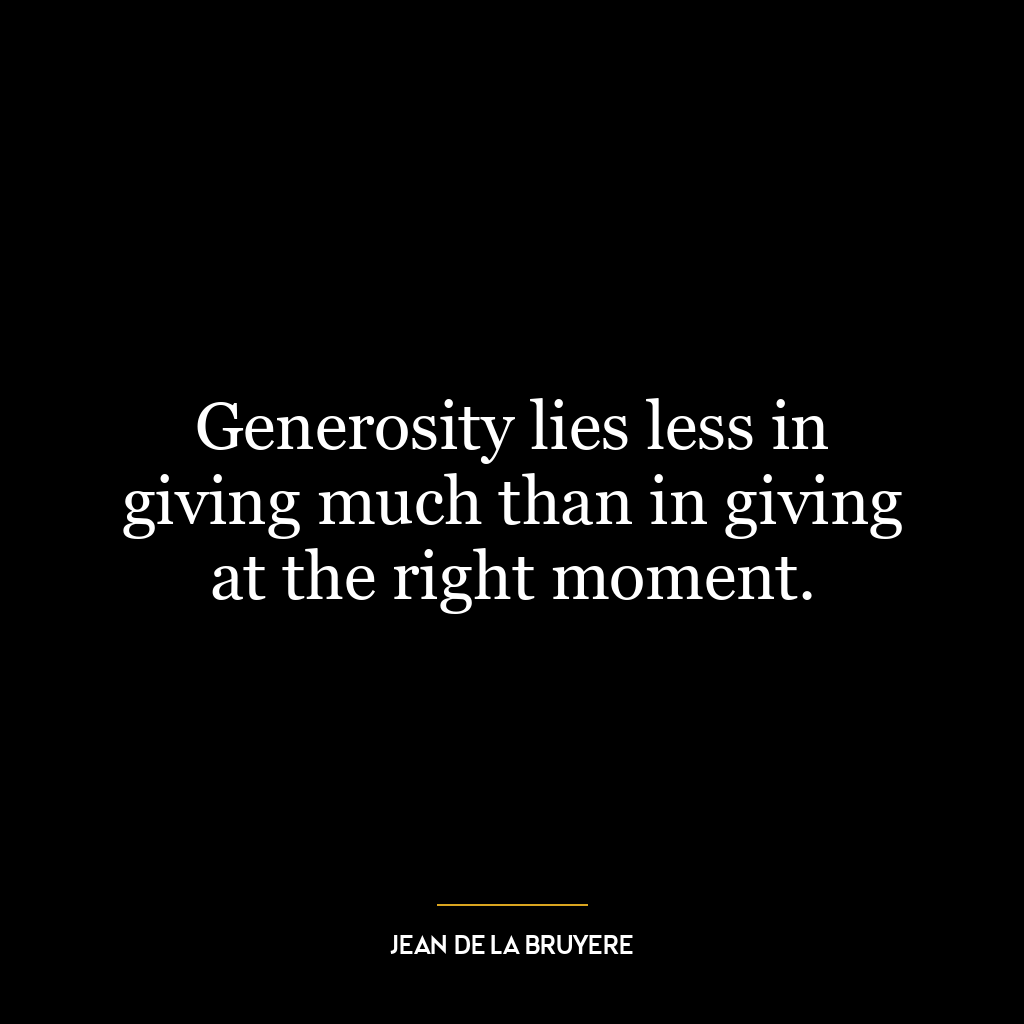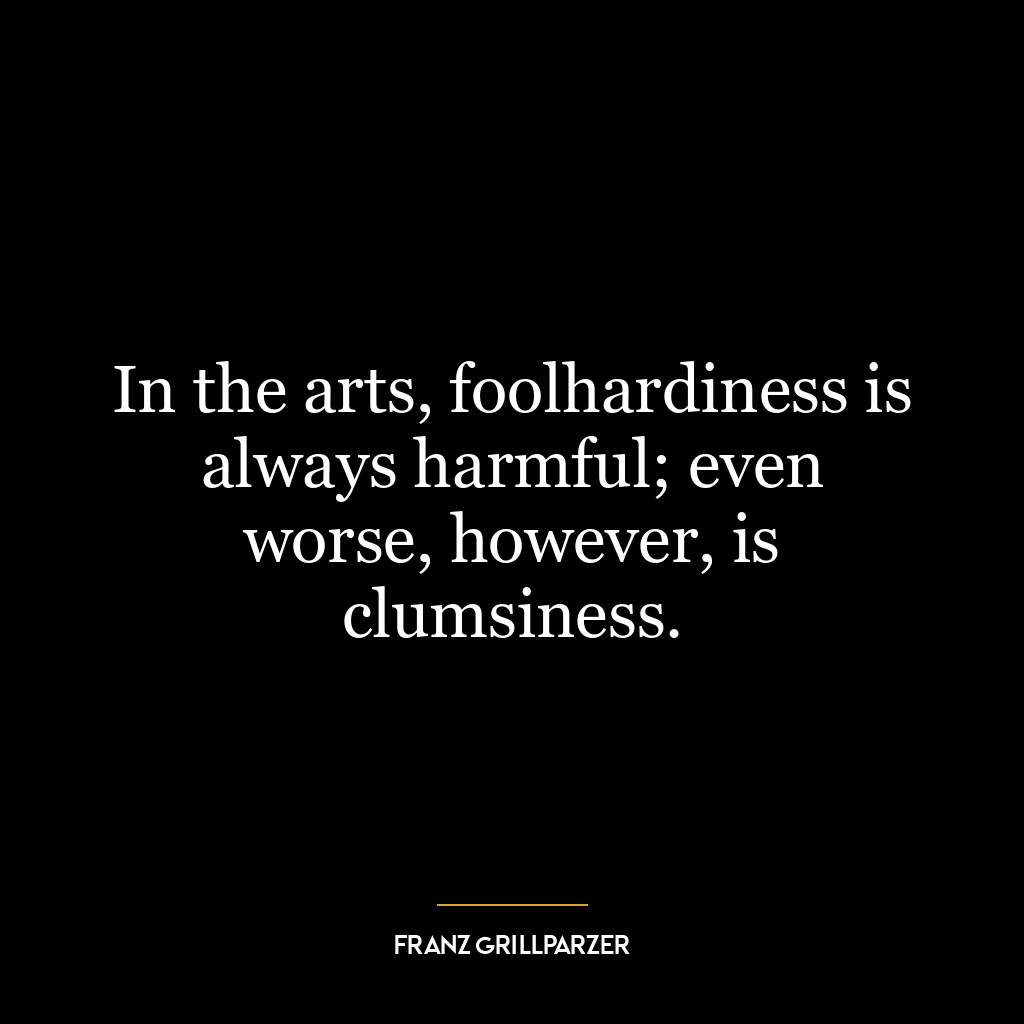This quote emphasizes the importance of personal resilience and emotional response to events, rather than the events themselves. It suggests that success or failure is not determined by what happens to us, but rather how we react to it. The ‘heart of man’ refers to our emotional core, our attitudes, our resilience, and our capacity to grow from experiences.
In essence, the quote is a reminder that we can’t always control what happens to us, but we can control how we respond. It’s about the power of personal perspective. A failure, for instance, can be seen as a crushing defeat or as a learning opportunity. The same event can be a success or a failure, depending on what it does to the ‘heart’ – does it inspire growth, resilience, and learning, or does it foster negativity and defeatism?
This idea is relevant in today’s world where we face constant challenges and changes. For instance, in the context of personal development, this quote encourages a growth mindset. This mindset is about embracing challenges, persisting in the face of setbacks, seeing effort as a path to mastery, and learning from criticism. It’s about resilience in the face of adversity.
In the face of failure, instead of being demotivated, one can choose to learn from the experience, adjust their strategies, and try again. This turns a seeming failure into a step towards success. Similarly, in the face of success, one can choose to remain humble, continue learning, and strive for further growth, rather than becoming complacent.
In a broader societal context, this quote suggests that our collective response to challenges – such as climate change, social inequality, or a global pandemic – can be more important than the challenges themselves. These crises can either divide us and foster negativity, or they can inspire resilience, unity, and positive action.
In conclusion, the quote is a call to focus on our emotional response to life’s events, to cultivate resilience, and to view success and failure as subjective and malleable, rather than fixed and objective.













